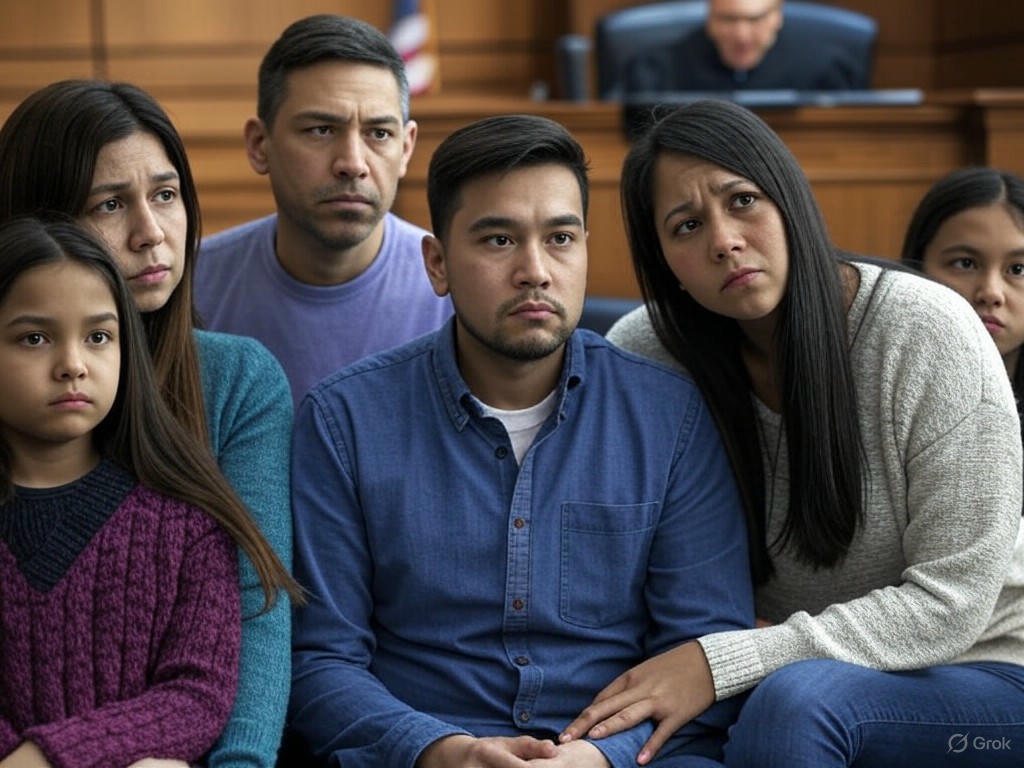Federal Judge Halts Deportation of Family Linked to Colorado Protest Incident
In a significant ruling, a federal judge has stepped in to prevent the deportation of the family of an Egyptian national accused of violent actions during a protest in Boulder, Colorado. The man allegedly hurled incendiary devices at a demonstration supporting Israel, sparking a heated debate over security, immigration, and legal rights. This decision has reignited discussions about the balance between national safety and humanitarian considerations, especially under the policies of the previous Trump administration.
The case centers on a man whose actions at the Colorado rally drew swift attention from law enforcement. Authorities moved to detain him on charges related to the alleged attack, which reportedly involved the use of homemade explosives. Following his arrest, immigration officials initiated proceedings to deport not only the suspect but also his immediate family, including his wife and children. The rationale behind targeting the family was rooted in concerns over potential threats and the administration’s strict stance on immigration enforcement at the time. However, advocates for the family argued that such a move was unjust, as the wife and children were not implicated in the incident and faced significant risks if returned to their home country.
The judge’s ruling to block the deportation of the family came after a thorough review of their circumstances. The court emphasized that deporting individuals uninvolved in the alleged crime could constitute a violation of their rights and expose them to undue hardship. Legal experts have noted that this decision reflects a broader tension in U.S. immigration policy, particularly during the Trump era, when zero-tolerance approaches often clashed with judicial oversight. The family’s legal team hailed the ruling as a victory for fairness, arguing that collective punishment should have no place in a just system. Meanwhile, critics of the decision have expressed concern that it could set a precedent, potentially undermining efforts to address security risks tied to immigration.
This case also shines a light on the complexities of handling immigration issues in the context of criminal allegations. While the suspect remains in custody awaiting trial, his family’s fate has become a focal point for activists on both sides of the immigration debate. Some argue that protecting the family is a moral imperative, while others believe that strict enforcement is necessary to deter future incidents. The Boulder incident itself has fueled discussions about the nature of protests in America, with growing concerns over escalating violence at public demonstrations.
As the legal battle continues, this ruling serves as a reminder of the intricate interplay between law, policy, and human rights. The family remains in the United States for now, shielded by the court’s decision, but the broader implications of this case are far from settled. It raises critical questions about how the nation addresses security without sacrificing compassion, a debate that will likely persist regardless of political leadership.


